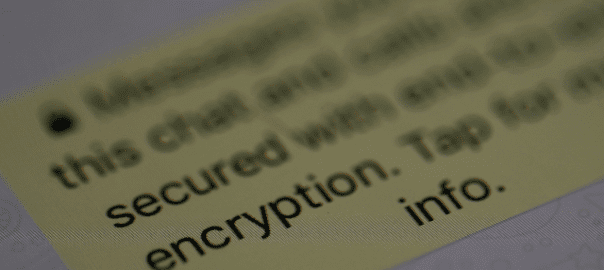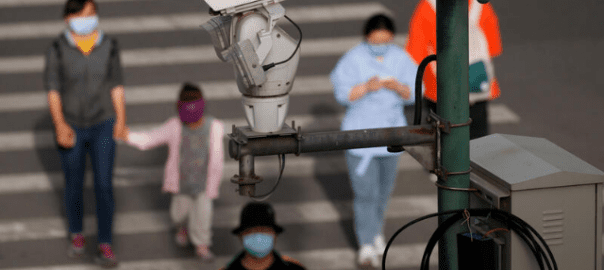|
By Samuel Woodhams | Digital rights researcher and journalist
Last week, Joe Biden sounded the alarm over the lack of child protections online during his State of the Union address. He called for a ban on the collection of kids’ personal data and the prohibition of targeted advertising to children, saying: “We must finally hold social media companies accountable for the experiment they are running on our children for profit.” |
Tag Archives: Samuel Woodhams Digital
The spy clause and the end of anonymity
|
By Samuel Woodhams | Digital rights researcher and journalist The long, turbulent history of UK’s Online Safety Bill can be traced back to 2017, with the publication of the Internet Safety Strategy green paper. Since then, the proposed legislation has gone through endless revisions, been delayed and, at times, looked like it might be dropped entirely. Continue reading |
Digital welfare dystopia
By Samuel Woodhams | Digital rights researcher and journalist
|
Algorithms to determine welfare payments and detect fraud are becoming standard practice around the world. From Manchester to Melbourne, peoples’ lives are being shaped by secretive tools that determine who is eligible for what, and how much debt is owed. Although the technology has been around for some time, the outbreak of COVID-19 renewed enthusiasm for the digital welfare state and, for thousands of cash-strapped public bodies, the promise of increased efficiency and lower costs has proven irresistible. |
Reclaiming privacy
|
By Samuel Woodhams | Digital rights researcher and journalist Last week, WhatsApp announced a new proxy support feature that will help people stay connected during internet disruptions. The app is often targeted by government censors because messages on the end-to-end encrypted service can’t be intercepted, enabling people to organise protests and share critical information in private. |
The ads are watching you
By Samuel Woodhams | Digital rights researcher and journalist
| Targeted online advertisements are impossible to ignore. Ads based on our browsing history, geolocation, and personal information appear constantly on our social media feeds, news articles, and streaming platforms. As the authors of a new report on the advertising surveillance industry put it: “Targeted advertising is unavoidable for anyone who owns a smartphone or goes online.” Continue reading |
Facial recognition: An ethical policing tool?
By Samuel Woodhams | Digital rights researcher and journalist
| Facial recognition technology made headlines again last month as researchers at the University of Cambridge, UK said that the UK police’s use of the technology was unethical and potentially unlawful. The report from the Minderoo Centre for Technology and Democracy urged police to stop using live facial recognition (LFR) in public spaces and said trials by the Metropolitan Police and South Wales Police failed to meet the “minimum legal and ethical standards.” Continue reading |
Video doorbells: security or surveillance?
By Samuel Woodhams | Digital rights researcher and journalist
| Video doorbells are everywhere now, sold as a modern security solution that can help protect your home and belongings. They let you greet guests remotely, deter would-be parcel thieves, and could even reduce the cost of your home insurance. Continue reading |
Pegasus: invasive spyware or national security?
By Samuel Woodhams | Digital rights researcher and journalist
| I’m Samuel Woodhams, a digital rights researcher and journalist based in London.
The saga of the NSO Group’s invasive Pegasus spyware continues, with yet another victim confirmed this month by the University of Toronto’s Citizen Lab and digital rights group, R3D. The organisations said Mexican opposition politician Augustín Basave Alanís was targeted in September 2021, making him the fourth person allegedly hacked during Andrés Manuel López Obrador’s presidency. Continue reading |








